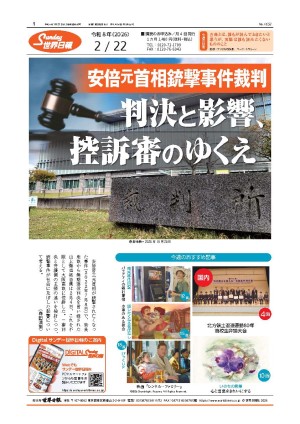体制で違う感染拡大への対応 Political scientists get real chance to compare world’s governments
世界中の国が同じ危機にこれほどまでに真剣に取り組むのを、政治科学者らが実際に、リアルタイムで経験できる機会はそれほどあるものではない。
政治科学は以前から、一つの学問であり、混沌とした政治の現実とは無縁だとの非難を受けてきた。しかし、比較政治学の学者らは、各国が新型コロナウイルスの感染拡大に直面している現状を二度とない体験ができる機会と捉えている。
全体主義から民主主義まで、世界の指導者らは、それぞれの統治方法で国境を越えたこの危機的状況に立ち向かうという困難な課題に、確かなデータと未確認のデータを基に取り組んでいる。
...【全文を読む】







